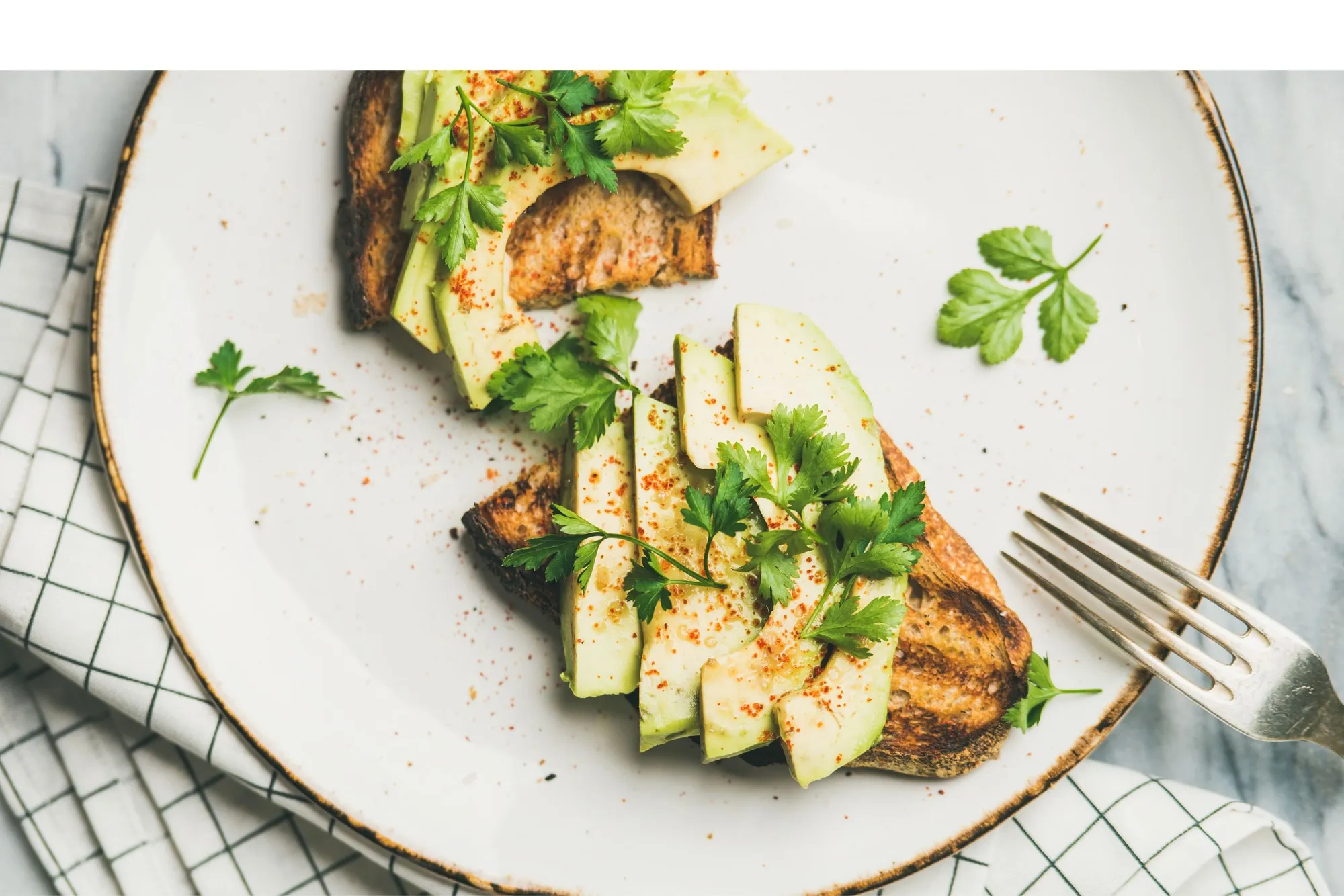Information for Doctors | 5 min read
How Doctors can Manage a Healthy Diet During a Busy Schedule
Medically reviewed by
Table of Content
Key Takeaways
A healthy diet is essential to keep one’s body energized while providing the right amount of nutrients amidst a busy schedule. While those in the medical community know how important this is, managing to eat healthy between double shifts and stressful days can be quite a challenge. However, skipping meals, irregular meal timings, and lack of wholesome or nutritious food have too large a negative impact on doctors to be ignored. This can not only lead to fatigue and headaches, but also make doctors more prone to infections. It also causes weight gain and stress, which can come in the way of doctors’ responsibility towards their patients.
The most important factor to consider is having a wholesome breakfast, which gives the required energy to kick-start a doctor’s day. Another key pointer to note is that in spite of a busy day full of appointments, it is essential that doctors do not miss out on lunch breaks. Here’s how doctors can follow a healthy diet regime despite a hectic schedule.

Start the day with a nutritious breakfast
Breakfast is the most essential meal to help a doctor get going before a long day. No matter how busy mornings are, not skipping breakfast is crucial. Not only does not having the first meal of the day take a toll on physical health, but it can also affect mental well-being. To keep energy levels up, a healthy and nutritious breakfast packed with carbohydrates, good fats and proteins can work wonders.
Foods that may be added to the morning meal include the following.
- Cereals (without processed ingredients and added sugar)
- Fiber-rich whole grain bread or lentils
- A combination of fruits and vegetables
- Flax, sunflower, pumpkin, and chia seeds
- Nuts like almonds and walnuts
- Yoghurt or milk
- Eggs
Incorporate these foods into your breakfast by planning simple combinations that may be had on the go. For instance, add ground flax seeds to smoothies and sip these on the way to the clinic or at the work desk. Have a moong dal wrap (chilla) with a mix of sautéed vegetables and cottage cheese while you work. If you can manage a sit-down meal, have an omelet with some apple slices and cheese on the side.

Snack on healthier options to boost energy levels
The gap between breakfast and the lunch hour can be long, especially if doctors have urgent appointments or surgeries, and that’s exactly why snacking is necessary. Be it mid-morning or mid-afternoon, getting an energy boost in between big meals can be of great help. This is where fiber-rich granola bars, nuts like almonds or walnuts and fresh or dried fruit can be gamechangers. Though snacks like packaged chips are easy to reach for, switch them out for bananas or apples for the same instant energy but without the high fat and sodium content. All it takes to snack healthy is to plan ahead and be prepared.
Eat a well-balanced meal loaded with fiber and protein for lunch
While breakfast is an important meal to kick-start the day, a well-balanced lunch can help keep the brain and body going strong all through the afternoon. Here’s what doctors can consider while planning their lunch menu.
- Have healthy proteins like lean chicken, legumes, fish, or paneer.
- Consume carbs with low-glycemic index like brown rice. Avoid having high-glycemic carbs like white bread, pasta, or potatoes as these may cause an instant spike in blood sugar levels.
- Include high-fiber foods in a bowl of salad with ingredients like broccoli, pears, carrots, beetroot, tomatoes, kidney beans or chickpeas, quinoa, and sweet potatoes.

Remember that a heavy carb-laden lunch can cause lethargy, which can affect a doctor’s overall productivity. Instead, including high-fiber foods keeps the stomach full for longer while giving the required amount of energy. [1,2,3] To make it easier to have lunch that doesn’t involve using a plate and getting their hands dirty, doctors can pack salad or rice bowls with protein and carbs.
Stay hydrated by drinking a minimum of 2 liters of water
While at work, it is important to keep well-hydrated too. Good hydration helps in regulating body temperature and minimizing hunger pangs. On the other hand, dehydration may diminish cognitive functions. It is ideal to avoid aerated or caffeinated drinks and have plain water as this helps flush out harmful toxins. [4] In addition, doctors can sip on warm turmeric water through the day or ginger and green tea, which also help improve their immunity. Similarly, in summers, doctors can drink infused water with immunity-boosting ingredients such as kiwi or oranges.
Wholesome food provides doctors with the necessary fuel required to start and end the effectively. To be productive and give their best to patients and treatments, doctors need to make a healthy diet a topmost priority. After all, self-care is the first step towards good health, which in turn helps doctors treat their patients better.
References
Disclaimer
Please note that this article is solely meant for informational purposes and Bajaj Finserv Health Limited (“BFHL”) does not shoulder any responsibility of the views/advice/information expressed/given by the writer/reviewer/originator. This article should not be considered as a substitute for any medical advice, diagnosis or treatment. Always consult with your trusted physician/qualified healthcare professional to evaluate your medical condition. The above article has been reviewed by a qualified doctor and BFHL is not responsible for any damages for any information or services provided by any third party.





